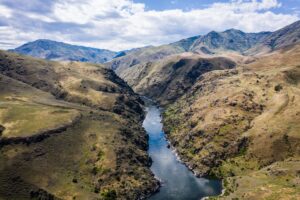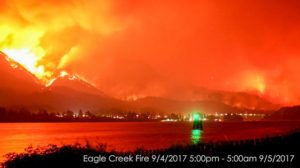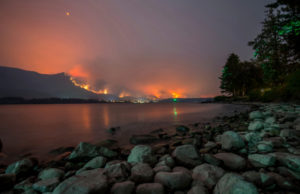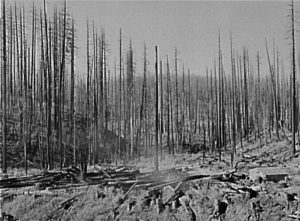OK, Mr. President, this plea is for you, because I happen to believe you have the authority to act on this request from one or more of your constituents.
Would you please make the Hells Canyon National Recreation Area a national park? As you would say yourself: C’mon, man … you can do this!
Those of us with Pacific Northwest ties — such as yours truly — understand what a gorgeous stretch of river real estate along the Oregon-Idaho border we’re talking about.
Idaho has zero national parks designated within its state, although a tiny sliver of Yellowstone National Park along the Idaho-Wyoming border sits in Idaho. Oregon has just one, Crater Lake, which is a beaut to be sure.
Hells Canyon would add an impressive array of spectacular river gorge scenery to the national park roster as well.
Hells Canyon, as you know, Mr. President, is deeper than the Grand Canyon. The Snake River runs through the bottom of the canyon more than 7,000 from the rim. The Snake is a spectacular river system that flows into the Columbia River not far from Walla Walla, Wash.
I know you are aware of Hells Canyon, Mr. President. I appreciate the national recreation area designation for Hells Canyon, but to be called a “national park” gives the region some welcome ummpphh.
There you have it, Mr. President. I know you’re busy, running for re-election and tending to national security issues. Give this at least some measured thought. Take a look at the place and you’ll see for yourself that it needs national park recognition.




